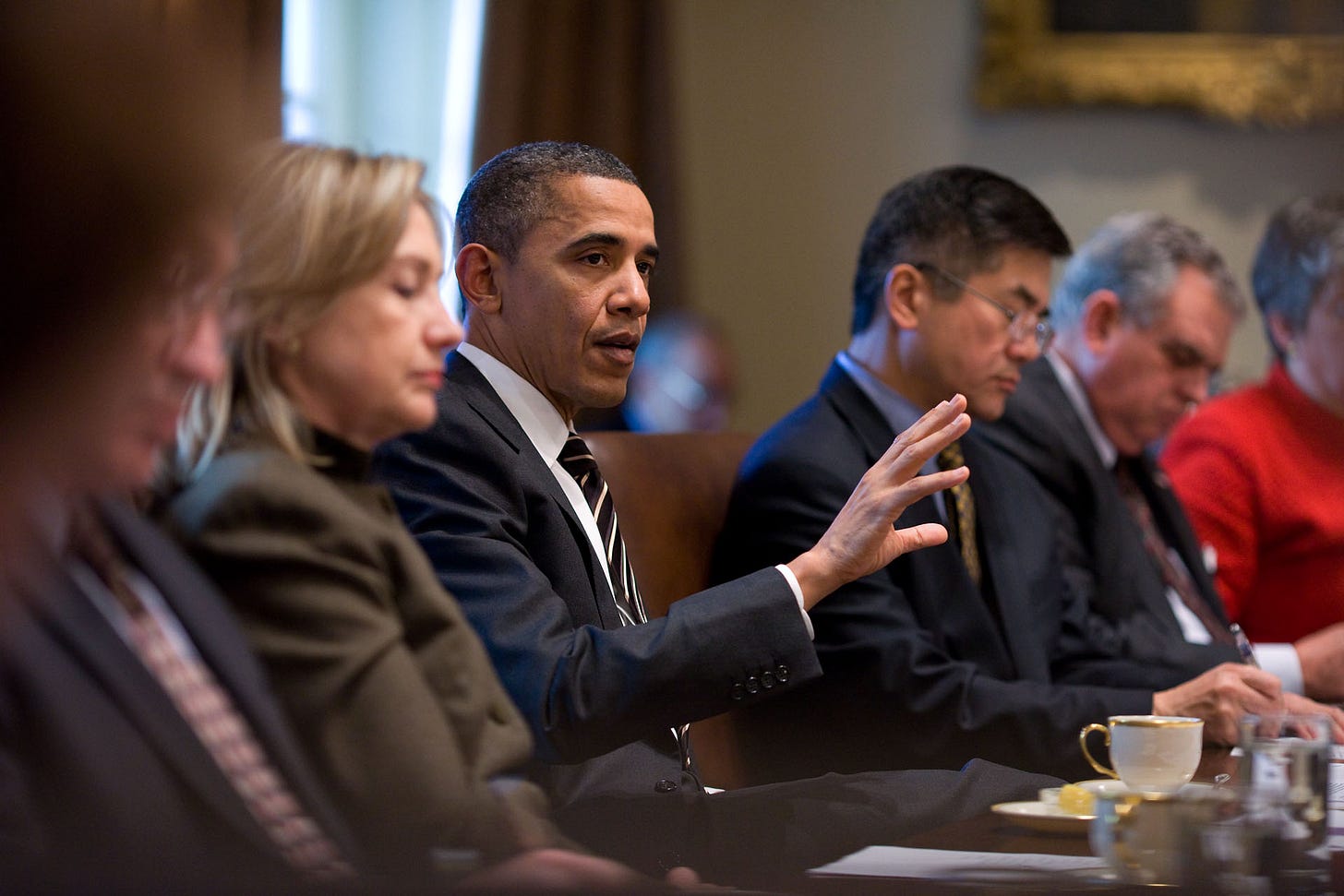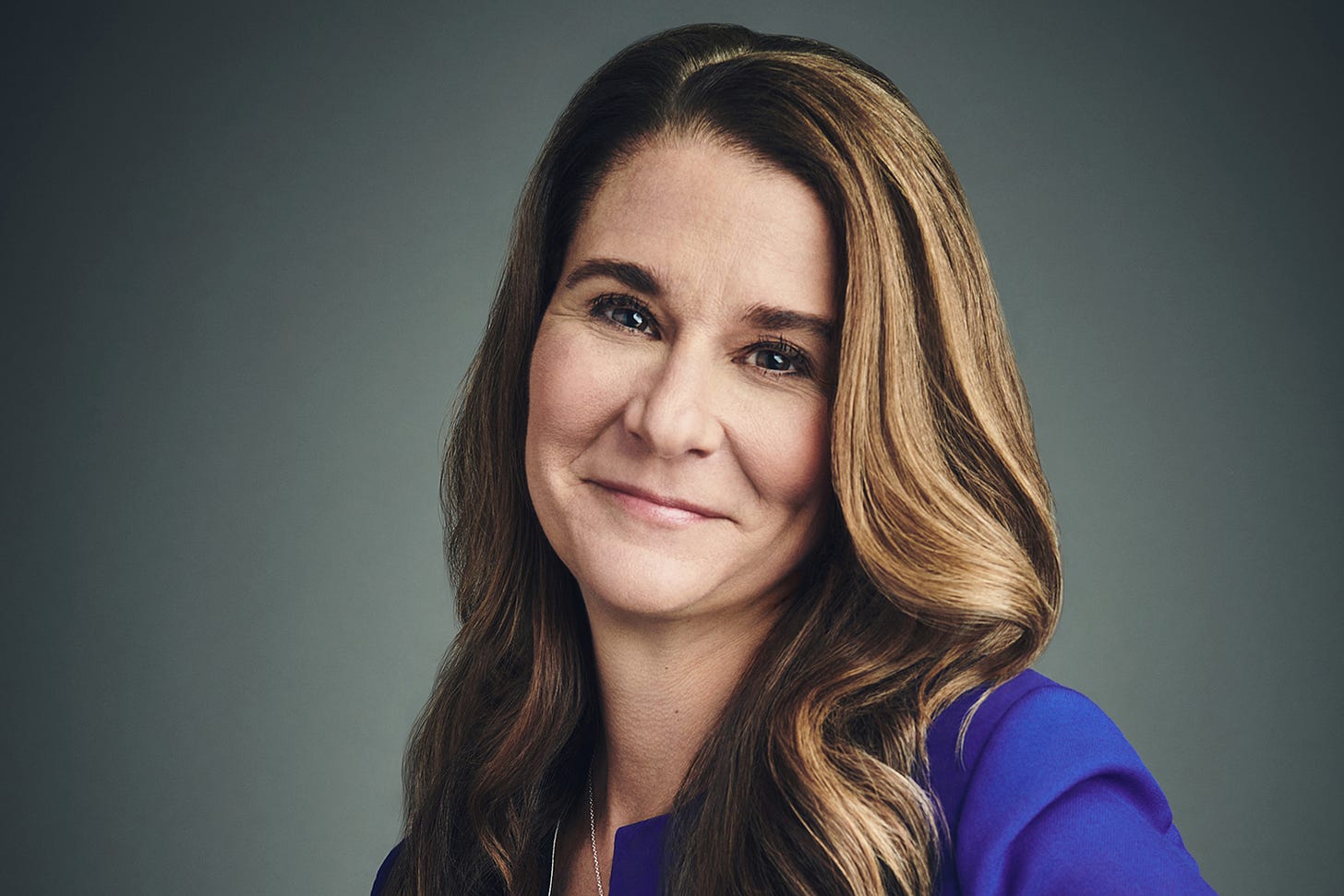If you feel uncertainty or anxiety about belonging in meetings with high-status people you may learn something important, from a former U.S. President, that may help you.
"Do not let people think that you don't belong,” said Barack Obama, who served two terms for the country. “Once you sit at these tables, with folks with fancy titles, and you talk to them and oh, they ain't all that.”
He details what he observed and learned.
"This idea that somehow that they are so special, they're so smart, they're so sophisticated? Not really,” Obama said. “They've been exposed. They've been given the confidence of feeling like they belong. But if you sit down and talk to them, mmm... (grimaces to show they aren't as impressive as he might have thought), it turns out that —That's my point.
"You realize Harvard is full of fools that you wouldn't put in charge of anything but there are some really amazing, brilliant people too.
“And then you go to the US Senate and you look around and everyone is represented: smart people and dumb people and good people and bad people. Now suddenly, you're meeting at the group of seven (G7) world leaders... same thing: It turns out that there are some really smart, amazing leaders and there are some fools running countries."
Melinda French Gates, a philanthropist, businesswoman and advocate for women and girls globally, talked about it too, on the Hello Monday show with Jessi Hempel, on the LinkedIn platform.
"If you have an idea that you think is a good idea, make sure to bring it up because no one else is going to call on you in the room. Everybody's thinking about themselves or the business thing that they're trying to move forward,” French Gates said. “They're not thinking about you. You're going to feel better after the meeting if you've spoken up than if you haven't, even if you stumble a bit in how you speak up."
False beliefs about about our worthiness or confidence in meetings are problematic.
“When we encounter high-status people, we tend to assume that they are somehow special or better or more worthy than us,” says Elizabeth Hamilton, an ICF-certified life coach who coaches people through major life or professional transitions.
“The reality is that most high-status people have had to earn that status, usually through hard work and life challenges. They aren't different from us; they're in a different stage of life and career than us.”
It’s not just emotional.
“Negative self-talk is a negative feedback loop that is unhealthy at a biochemical level,” says Sam Wright, head of operations and partnerships at Huntr, an AI-powered resume builder and job search platform. “When we tell ourselves we are not worthy, we end up being unworthy. Neuroscientists call these Automatic Negative Thoughts and they are addicting.
Uncertainty or a lack of a sense of urgency means inaction.
“When I have worked with teams, I have noticed a lot of people hesitate to speak up doubting if their input is worth sharing,” Hone John Tito, co-founder of Game Host Bros, which provides server hosting services.
“I shared this same perspective, which led me to doubt my ideas compared to those of others. Learning to stay silent results in lost confidence, apart from missing out on a moment. Once you start holding back, it is easier to keep doing it.
“People start doubting their abilities, even when they’re more than qualified.”
Higher self awareness is vitally important.
“Recognizing your special value, combined with taking charge of your own voice provides, helps. I remember one time in a meeting when I just decided to speak up, and my idea ended up sparking the direction for a major project.
“My first ability to lead showed me that raising your hand requires more than idea contribution because it means directing a dialogue and establishing self-confidence.”

Developing oneself to find sufficient comfort, confidence and assertiveness to be one’s best may be challenging yet it is doable.
“One of the best ways to be our best in any meeting is to take a few moments to get grounded and breathe before entering the meeting,” Hamilton says. “Many individuals have rituals before starting meetings. Think of Matthew McConaughey's chest beating in The Wolf of Wall Street or Hannah Waddingham's becoming big in Ted Lasso.
“Create your own ritual that makes you feel calm and powerful, that makes you feel like the strongest version of you. Do that before you go into meetings where you might otherwise feel insecure or intimidated. Remember that you're there for a reason and your contributions are valuable.”
“To feel more comfortable in these rooms, ask yourself, ‘Who better than you?’” Wright says. “The thing to remember is that you offer unique value and that nobody, not the President of the U.S. or a high-flying CEO is actually that much smarter than you. Different experiences, but your experiences matter too.”
“I have been in situations where I felt out of my depth, especially in high-stakes environments, but over time, I learned that confidence comes from embracing the discomfort,” Tito says.
“The first thing I realized is that everyone in the room, no matter how high their position, has their own insecurities. That helped me shift my mindset. Instead of getting intimidated, I focused on what I could bring to the table.
“I maintained my authentic self while taking ownership of the space whenever I felt doubtful. My confidence developed through everyday achievements such as questioning others and participating with ideas and raising my voice.
“The more I did it, the easier it became, until the discomfort was just a stepping stone to becoming more assertive.”
This newsletter normally publishes Tuesday, Thursday and Sunday, with occasional articles on other days. To advertise, link to your business, sponsor a section of the newsletter or discuss your affiliate marketing program, contact CI.









I love this. And it's a great reminder. In fact, I had an idea similar to this in my queue for Communications Theory - the idea that, in my experience, the people with the biggest titles are often the most insecure at the table. They've just gotten good and covering it up. Think about it, they have the most responsibility, the most at stake, and the biggest reputation to uphold. That can generate a lot of insecurity. They have a lot more to lose than most of us!
Some great points here.
I particularly like:
"If you have ... a good idea, make sure to bring it up ...."
It doesn't work in every situation but, after bringing up an idea, I also like to add, "What do you think?"
– It shows you are 'of the group' and not just pushing your own perspective
– It's a chance to have your idea reinforced, or at least aired more thoroughly
– Sometimes, when people ask for more detail, it allows you to expand (without appearing to 'seize the floor')
All of these things can build even more confidence for next time.